the lowdown on education careers, in 60 seconds.
education jobs-
the lowdown on education careers, in 60 seconds.
-
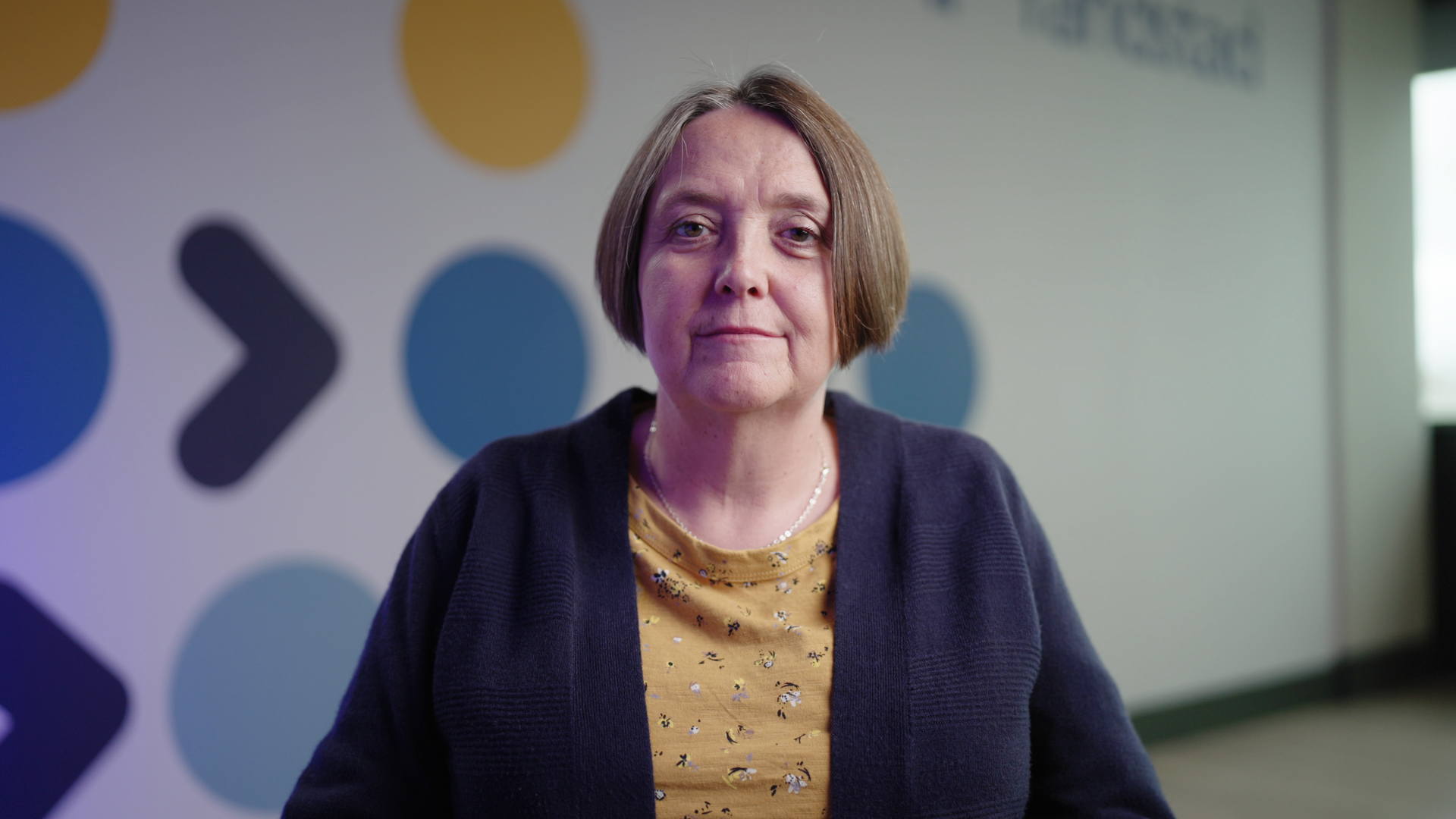
julia - supply teacher.
A career in supply teaching brought to life by Leeds based supply teacher Julia.
-

lucy - primary teacher.
Lucy explains why she chose a career in teaching in 60 seconds.
-
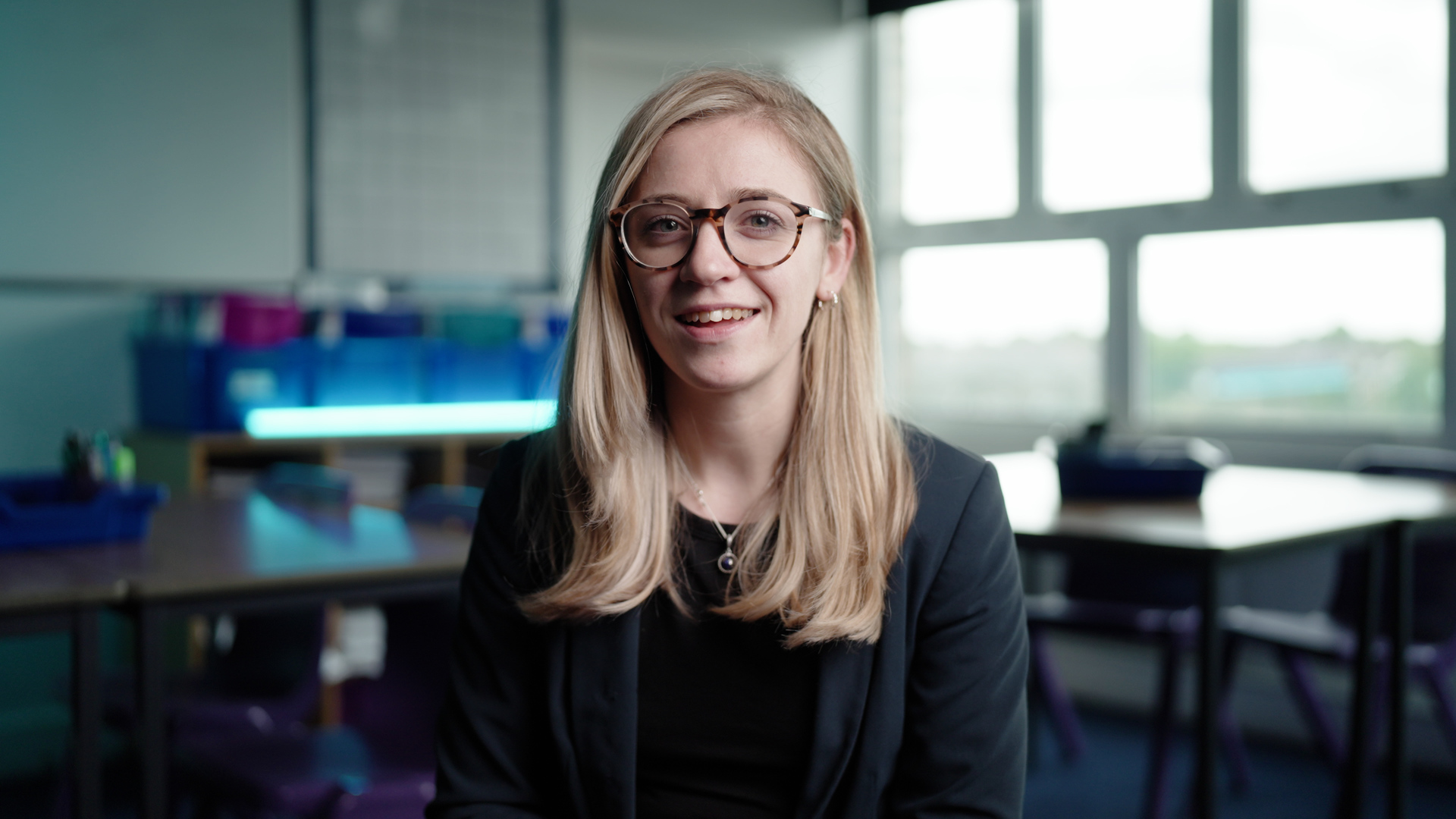
abbie - head of maths.
Abbie talks us through how she went from studying maths at university, to becoming a teacher.
our industry specialisms.
real life stories from real life teachers.
start your story-
real life stories from real life teachers.
-
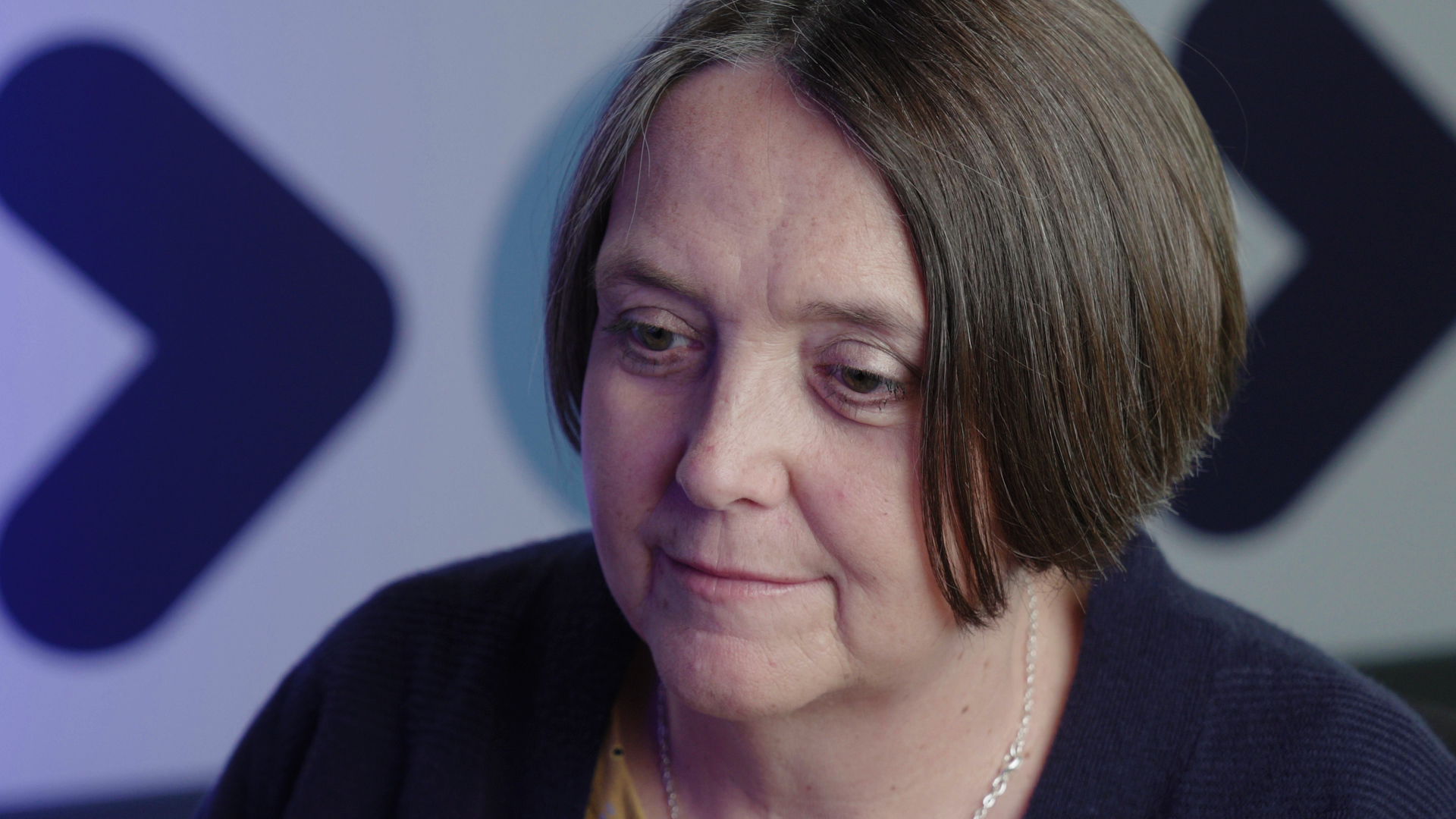
supply teacher.
Becoming a supply teacher is a fantastic way to try out different roles in the classroom, to see what you like best. Watch the video to hear about how Julia built her career.
-

primary teacher.
Lucy talks about life as a primary teacher, what she enjoys and what inspires her.
-
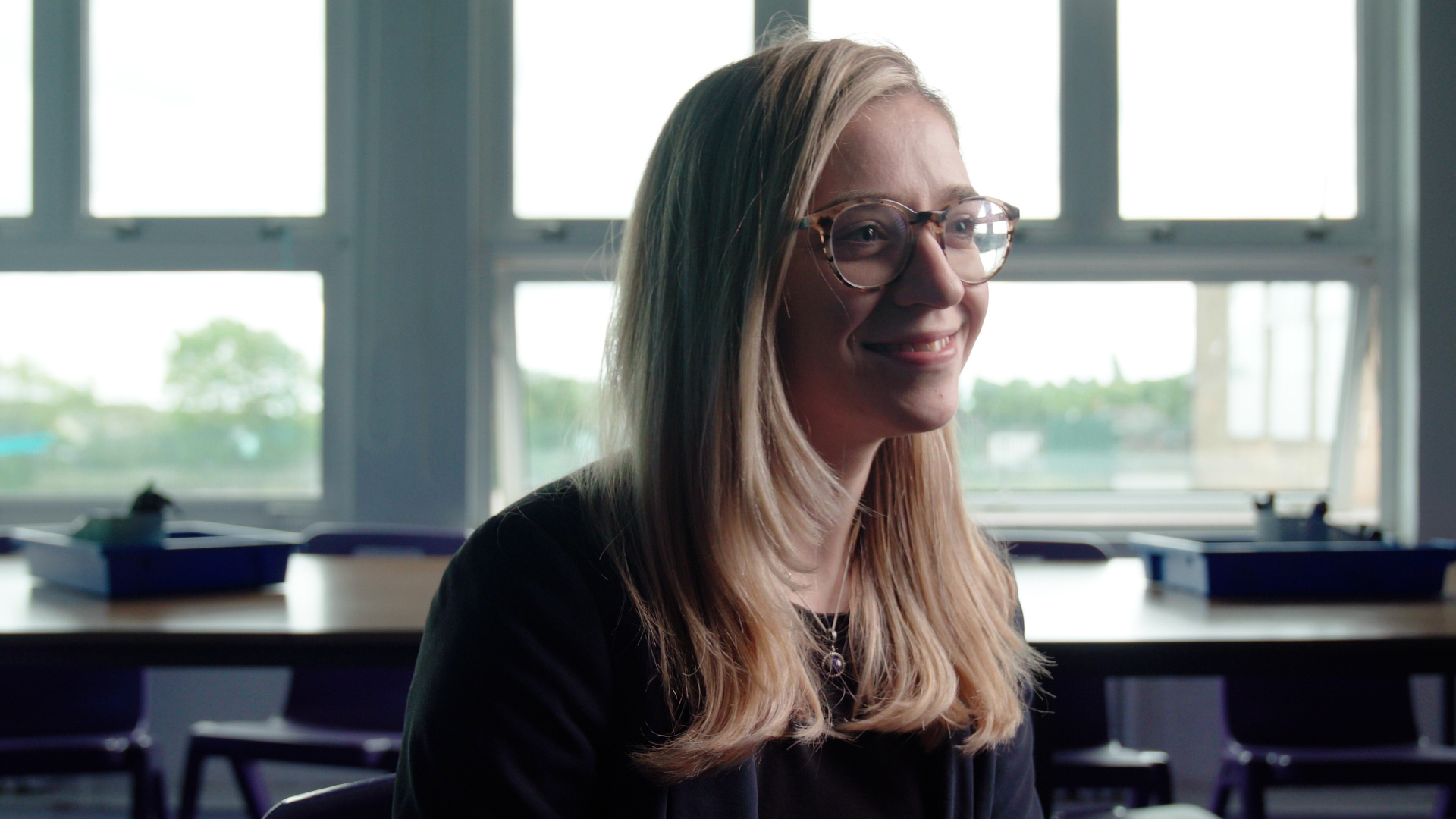
head of maths.
Abbie, a head of maths, tells us why she decided to get into teaching, and how she progressed her career.
education jobs overview.
we have thousands of education jobs to offer you. Below you can learn more about some of the key roles we secure for education professionals.
-
teaching assistant
A teaching assistant, also known as a classroom assistant involves working very closely with the teacher to offer support and assistance to pupils and is an entry level position perfect for those looking to begin a career in education.
Teaching assistants work with all pupils or may offer extra support to individual children with specific learning disabilities. Teachers would find it difficult to listen to 30 children read one-to-one, so a classroom assistant or TA may help with this, offering guidance and support to the individual learner.
TAs also help the teacher with the day to day running of the classroom, monitoring and addressing behaviour and also helping out with children who might be upset or unwell.
- Interested in finding more about becoming a teaching assistant? Discover our teaching assistant job profile page here.
- Or if you're ready to apply for a job as a teaching assistant, browse the latest roles here and apply directly.
-
primary teacher
Primary teachers typically educate young children from four years, at the reception stage, to eleven years, which is year 6 in England and Wales. The job of a primary teacher is to build the numeracy and literacy skills of the children and prepare them for secondary school. Primary teachers work with a single class for the entire academic year. That means being conversant with all the subjects in the national curriculum.
As well as holding the relevant qualifications, a primary school teacher needs to possess good communication and leadership skills, will need to be a team player, be patient and caring. Experience of working with young people in an educational setting is also very beneficial.
Glen, primary teacher and head of year three tells us about what skills you need to be a good teacher.
-
maths teacher
A maths teacher, math teacher or mathematics teacher, in short, plans and presents maths lessons to students in primary and secondary schools.
Maths teachers are responsible for delivering high quality teaching, through planning engaging lessons to enable all pupils to make the best possible progress.
Due to the complexities of equations and algebra, maths teachers need to be able to demonstrate excellent subject knowledge and communicate this in an enthusiastic and imaginative way. However, with maths being an important part of everyday life, maths teachers play a fundamental part in educating and developing the future generation.
- Ready to apply for your maths teacher role? Browse the latest jobs and apply directly here.
-
science teacher
Science teachers play a key role in developing future leaders in science and technology by fueling the curiosity of students and encouraging further exploration into topics of interest.
Being a Science Teacher requires a hands-on teaching approach, typically with practical experiments and demonstrations to explain things clearly and bring science to life in the classroom.
A science teacher can be certified to teach primary, middle or high school. At higher grade levels and in colleges/universities, science teachers typically focus on specific areas such as biology, earth science, animal science, chemistry, or physics.
To be a successful science teacher it is important to have a passion both for science and sharing knowledge to young people, instilling in them the same excitement for the subject.
-
KS2 teacher
A key stage two teacher, also known as a ‘KS2’ teacher, teaches pupils between the ages of seven and eleven years old. KS2 teachers ensure learners achieve the objectives stipulated in the curriculum and are also responsible for preparing pupils for secondary school following year six.
While being a Key stage two teacher comes with plenty of responsibility, it also has a lot of great benefits. KS2 teachers gain tangible experience in a busy school environment, support children to achieve their full potential and provide a great route for career progression.
-
SEN teacher
Special educational needs teachers, or SEN teachers for short, work with children who need additional learning support. Some of the children that SEN staff teach have physical disabilities and emotional, learning, behavioural and communication difficulties. SEN teachers can also work with children with dyspraxia, autistic spectrum disorder, sensory impairments and mental health issues.
The role includes providing the same education as other teachers, but developing individualised learning activities to make it easier for the children to understand. This includes customising standard teaching methods and introducing specialist equipment and learning tools.
our application process in education.
See what comes ahead in the application process. Find out how we help you land that job.
FAQs in education.
-
how to get a job as a teaching assistant?
Certain skills and qualifications may be required for teaching assistant jobs, but specific requirements are all at the discretion of the individual school. Teaching assistants who do not have any formal qualifications usually have a significant amount of experience that proves their capability for the role.
If you are thinking of applying for a teaching assistant position, you stand a better chance if you can demonstrate some practical experience, so it is a good idea to offer to help out voluntarily at a local nursery or school. A typical qualification is an ‘NVQ Level 2 in Supporting Teaching and Learning in Schools’. Some graduates and even qualified teachers decide to become classroom assistants!
For some posts, you may need to have qualifications in Literacy or English and Numeracy or Mathematics, but most importantly, you need to be patient, dedicated and supportive.
-
is a teacher a good paying job?
Whether teaching in primary or secondary schools, teachers spend their time educating children, either in a specific discipline or across subjects.
The average starting salary in teaching is approximately £25,000 a year.
After gaining some years of experience, school teachers can earn up to £64,000 per year in London and £56,000 a year outside of England’s capital.
If teachers opt to move up to the most senior role of headteacher, salaries can see variations between £42,379 and £112,000 per annum.
-
what other jobs can teachers do uk?
Teaching can be extremely rewarding, but it’s fair to note that it’s also a difficult job that can be emotionally draining and overwhelming. While some find themselves thriving in the teaching environment, others realise sooner or later that it’s not actually for them. If you feel that you’re ready for a change of pace, then read Randstad’s useful guide on the best alternative jobs for teachers, including overviews of:
- Private Tutor Jobs
- Museum Work
- Corporate Learning Jobs
- Human Resources Jobs
- Content Writing Jobs
-
how to find a job with no experience or education?
If you’re applying for a job you have no prior experience or education in, there are numerous actions you can take to help show you’re the right person for the role. These include highlighting your transferable skills and showing you are willing and ready to learn. This will help work towards forming a convincing argument for why you should be given the opportunity to show what you can do, and how your expertise can add value to your new employer.
Some tips and general advice include:
- Network
- Research
- Highlight your existing experience
- Don't forget your soft skills
- Be willing to learn
While some roles require a formal educational degree or significant experience , there are many jobs in education that you can get without a degree, these include:
- Nursery assistant
- Nursery nurse
- Teaching assistant
- Cover supervisor/lunchtime supervisor
- School administrator/receptionist
- Finance assistant
- Attendance officer
- Office manager
- Invigilator
- Technician - ICT, Art, PPE
- Education support worker
- Sports coach
- Librarian
latest education insights.
see all education articles.-
 10 April 2025
10 April 2025the power of peer feedback for transforming care performance.
-
 11 March 2025
11 March 2025nursing career growth: balancing professional goals with personal wellbeing.
-
 10 June 2024
10 June 2024randstad awarded place on newcastle city council's alternative provision and specialist tuition framework.
-
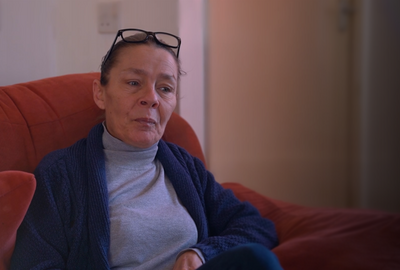 29 April 2024
29 April 2024the impact of randstad's tuition services - a parent's and carers perspective - spring 2024.
-
 29 April 2024
29 April 2024our spring 2024 tutor survey results.
-
 09 April 2024
09 April 2024randstad appointed as an approved supplier to the north west SEND flexible purchasing system








